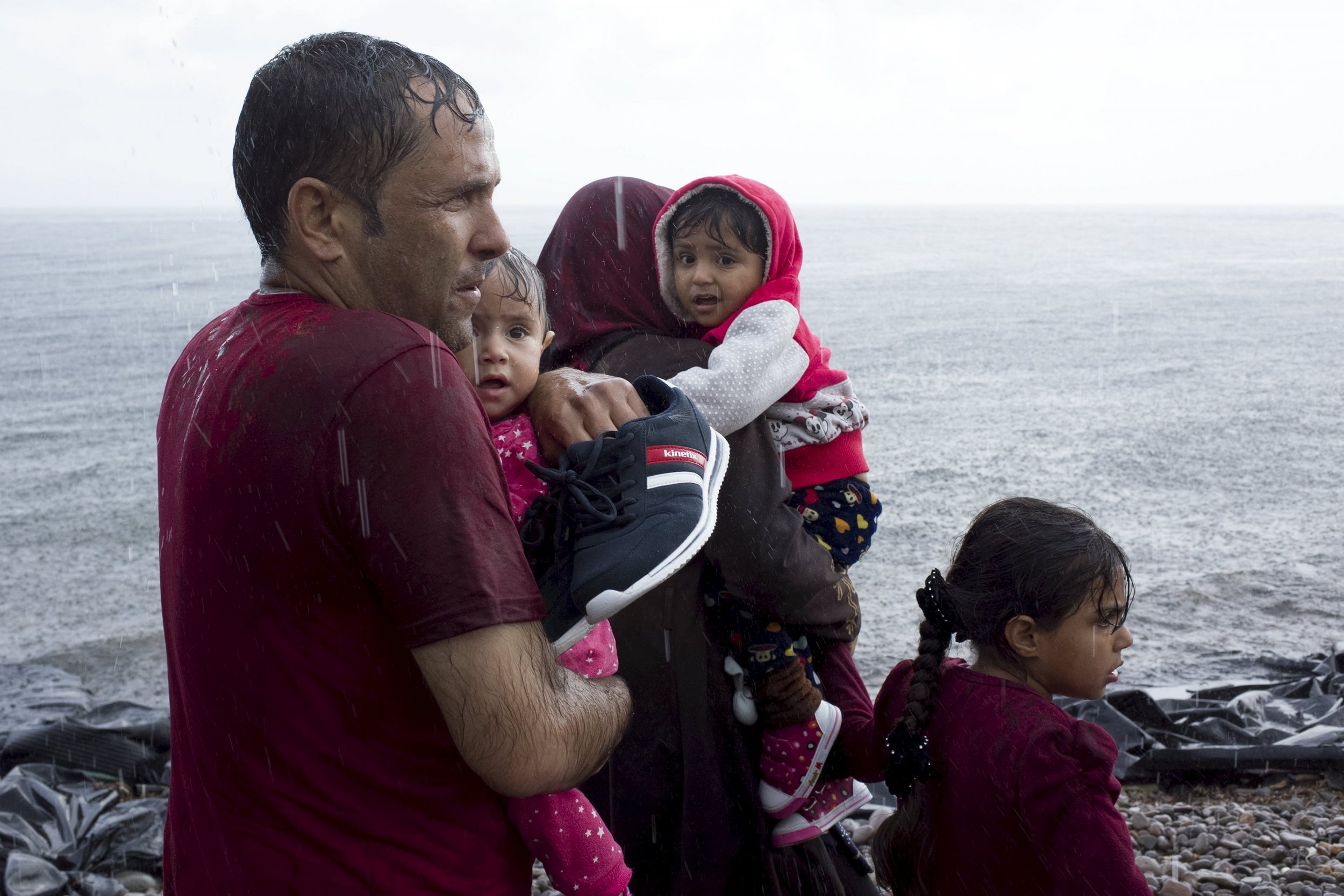
With more than 60 million people forced to flee violence and persecution across the globe, the world is currently experiencing the worst displacement crisis since the end of World War II, according to the United Nations.
The huge number of displaced people, asylum seekers and refugees is largely driven by the four-year war in Syria between the government of Syrian President Bashar al-Assad and various opposition groups. Four million Syrian refugees have fled their country since 2011, and the recent addition of the terrorist group ISIS into the mix has created a fractured, multi-front conflict that places millions at continued risk of rape, injury, torture and death.
This year has already seen more than half a million refugees and migrants, mainly from Syria, Afghanistan and Eritrea, arrive in Europe after a risky journey across the Mediterranean Sea, according to Frontex, the European Union's border agency. The issue of resettlement has also become a political one: While Germany is expecting 800,000 refugees this year, it has urged other European countries, many of which have been reluctant, to accept larger numbers. Between January 1, 2013 and August 31, 2015, just 12,502 Syrian refugees have been resettled with the assistance of the U.N. refugee agency (UNHCR) in countries such as Germany, Norway, Canada, Sweden and Denmark, a number set to increase.
The largest number of resettled refugees from the past century—UNHCR began keeping data in 1959—have escaped conflicts and violence in Vietnam, Russia and former Soviet states, Iraq, Bosnia, Myanmar and Laos. A total of 1.8 million people from those countries were resettled in the five leading resettlement countries—the U.S., Canada, Australia, Sweden and Denmark—slightly less than the 1.9 million Syrian refugees living in Turkey today. The actual number of refugees who fled violence in those countries is much higher than those who were resettled, and many end up returning home or are never formally registered.
The data below were sent to Newsweek by UNHCR. The agency said that while conflicts led to the outflow of refugees and their subsequent resettlement, the resettlement doesn't always happen in distinct phases. The data refer only to refugees resettled by UNHCR.
Vietnam—647,781
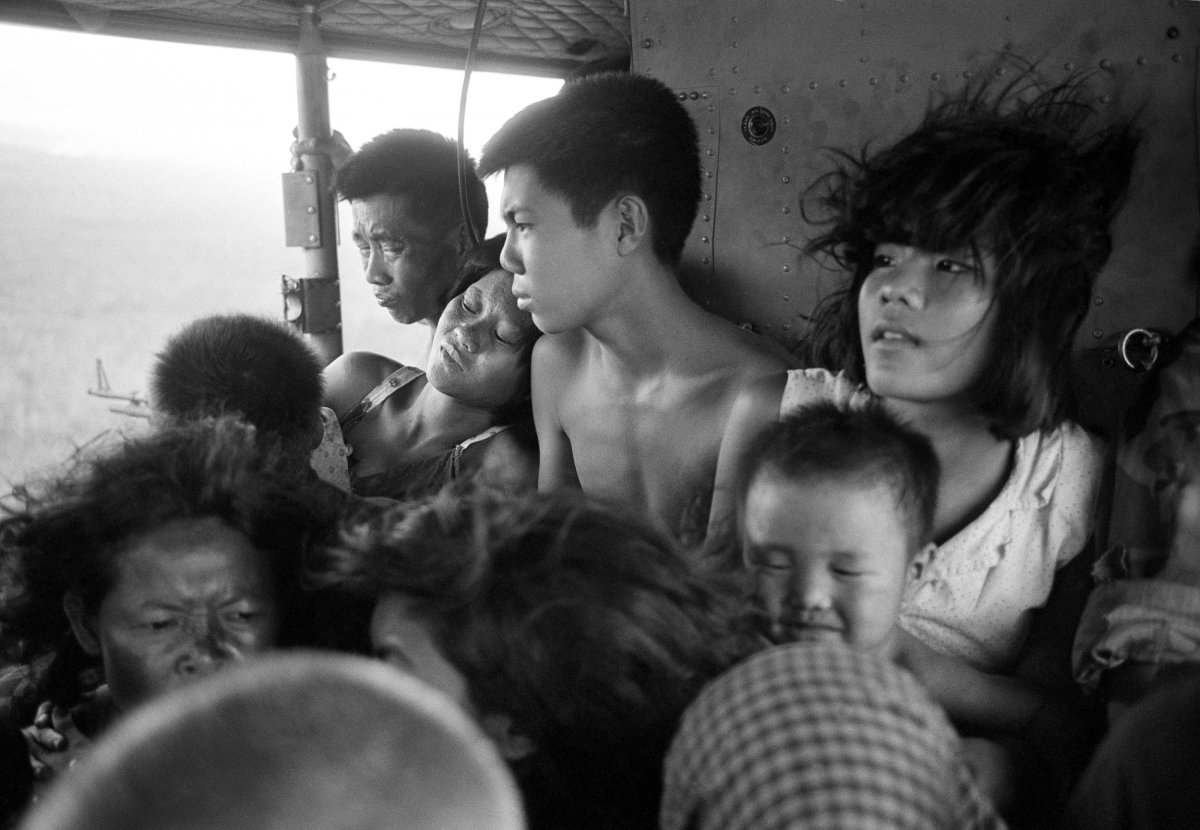
While UNHCR says 647,781 Vietnamese refugees were resettled around the world, the Vietnam War created 1.6 million Vietnamese refugees, according to the Migration Policy Institute. UNHCR didn't start recording data until 1982, so its numbers don't include the thousands of Vietnamese "boat people" who fled between 1975 and 1982 following the fall of Saigon in 1975. The U.S., Canada, Australia, New Zealand and Sweden are the top five resettlement countries for Vietnamese refugees. UNHCR data capture numbers from the country of origin, so Vietnamese refugees include Montagnards, or "mountain people," the indigenous population from the highlands of Vietnam.
Russian Federation—475,427
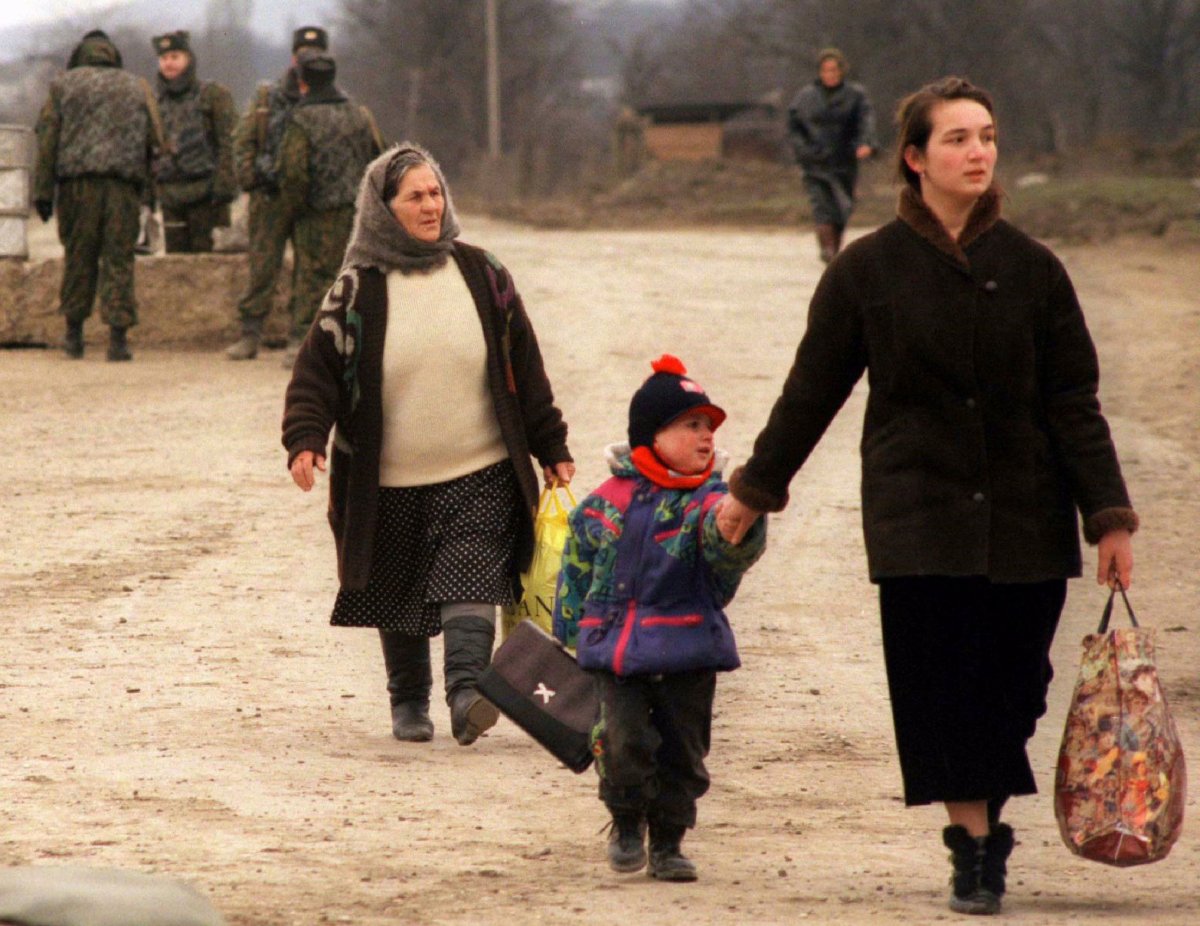
Various conflicts over the past century displaced people living in Russia and former Soviet states, leading to the resettlement of more than 475,000 refugees since 1959, when UNHCR started keeping data. (Before 1992, statistics were reported from the USSR; from 1992 onward, former Soviet countries began reporting refugee figures separately.) The top five resettlement countries for Russian refugees are the U.S., Canada, Australia, Sweden and Denmark; between 1959 and 2014, the U.S. alone took in 459,884 refugees, including 256 last year. Russia has also become a resettlement country due to ongoing fighting between government troops and Russia-backed rebels in Ukraine: 340,000 Ukrainians applied for asylum or another form of legal residency in Russia in 2014, according to UNHCR.
A 1999 UNHCR appeal for the Russian Federation stated that the agency helped 32,000 asylum seekers from outside the Commonwealth of Independent States (CIS)—the former Soviet states of Armenia, Azerbaijan, Belarus, Georgia (a former member), Kazakhstan, Kyrgyzstan, Moldova, Russia, Tajikistan, Turkmenistan, Uzbekistan and Ukraine—and 173,000 refugees from those countries. More than 2,000 refugees from CIS countries, including Russia, were resettled in the U.S. last year. The war in Chechnya also displaced some 150,000 people, according to the appeal. Many Russian Jews and, later, evangelicals, were resettled by the U.S., Al Jazeera reports.
Iraq—199,691
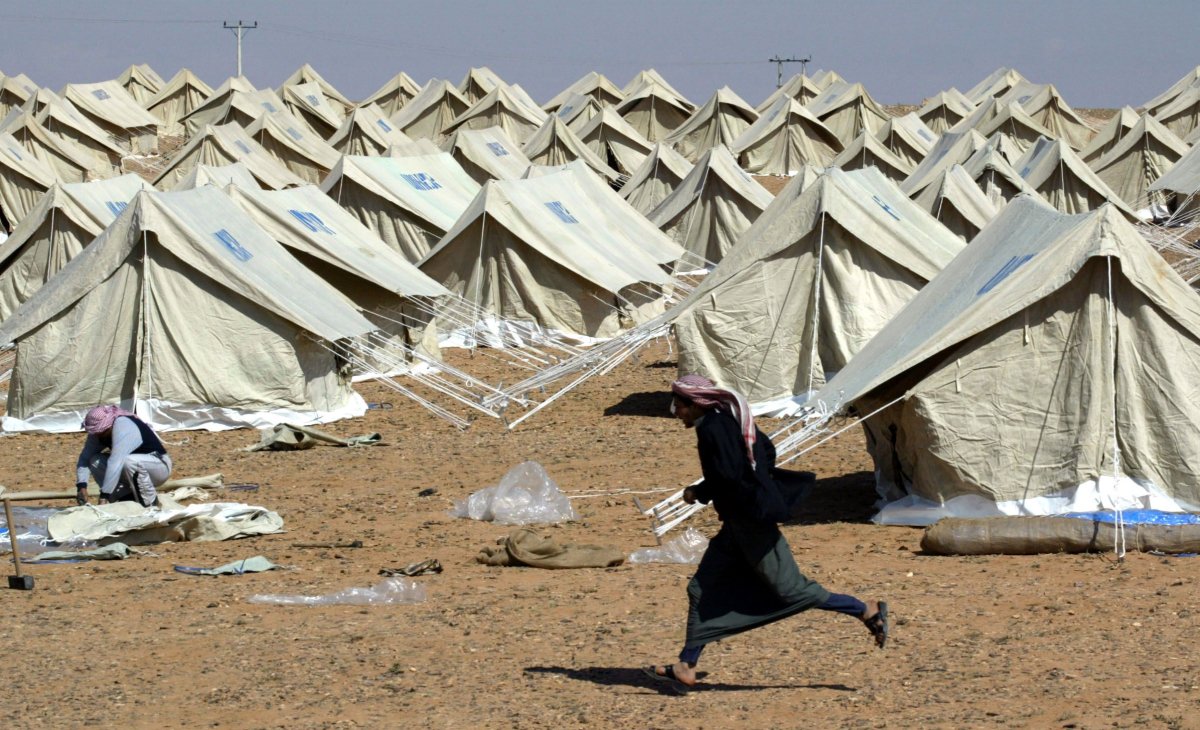
Nearly 200,000 refugees from Iraq have been resettled over the past several decades. Millions have been displaced and hundreds of thousands of refugees have fled ISIS violence in Iraq over the past year, with more than 400,000 residing in Jordan alone, according to government figures.According to UNHCR records, the first Iraqi was resettled in 1972 and Iraqi resettlement has continued every year since. The first Gulf War, from 1990 to 1991, drove the numbers of resettlements up to 9,500 in 1994. A record 30,000 Iraqis were resettled in 2009 as a result of the Iraq War. Most Iraqis were resettled in the U.S., Australia, Canada, Sweden and New Zealand. Over the past year, nearly 10,900 Iraqis were resettled in the U.S. alone, making Iraqis one of the largest refugee groups in the country, according to the State Department.
Bosnia and Herzegovina—198,620
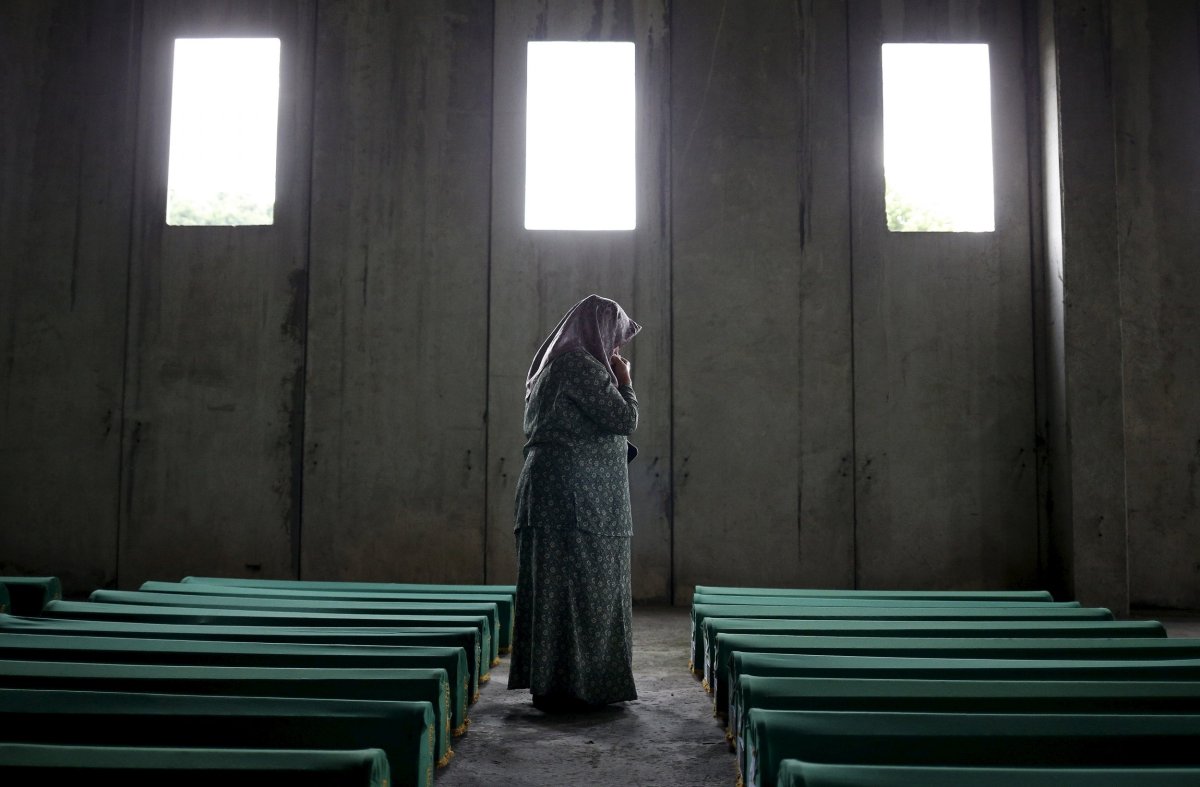
Bosnia was the worst-affected country in Yugoslavia's civil war, which began in 1991 and separated the nation into five countries. At the height of the war there were an estimated 2.3 million refugees, while a further 1.8 million were displaced, according to UNHCR. This year marked the 20th anniversary of Srebrenica, the massacre of more than 8,000 Bosnian Muslim men and boys by Bosnian Serb forces; the remains of many victims are still being identified. The U.S., Canada, Sweden, Australia and Denmark are the top five resettlement countries. Beginning in 1999, the U.S. also started accepting refugees from Kosovo, another formerly war-torn country that declared its independence from Serbia, created after the breakup of Yugoslavia, in 2008.
Myanmar—166,924
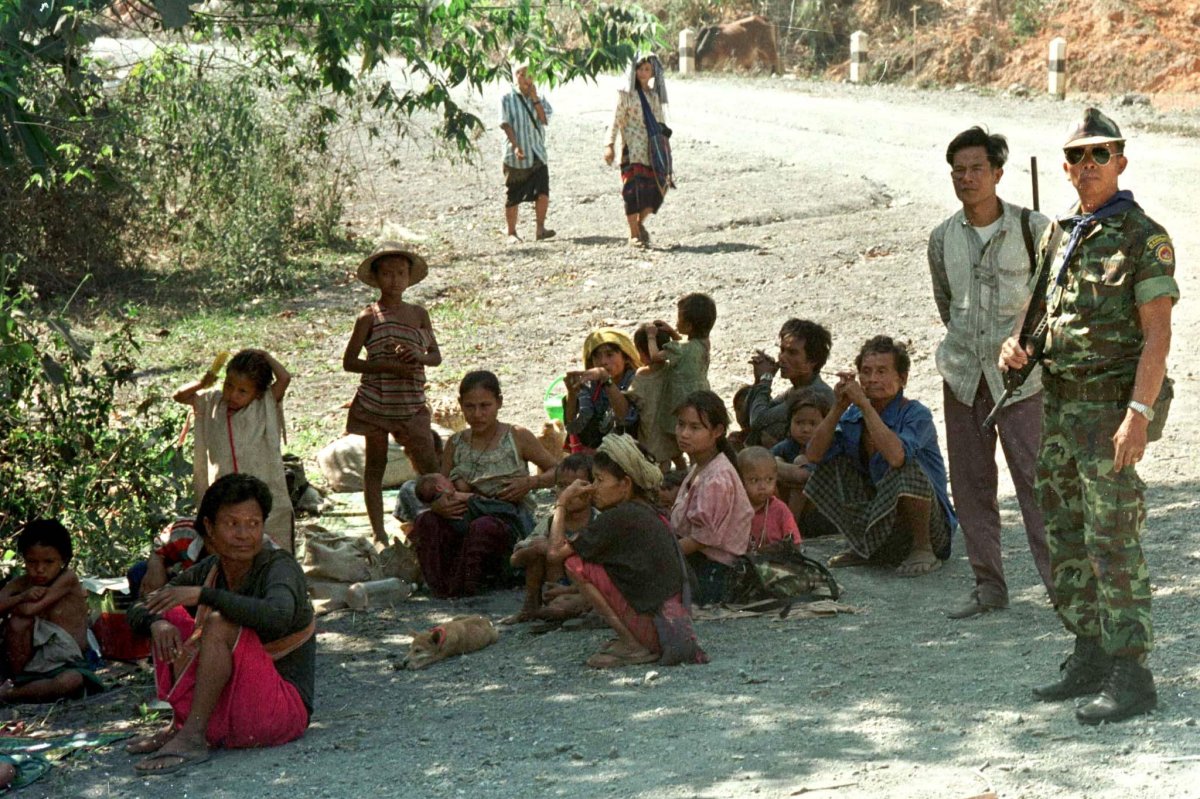
Refugees from Myanmar, formerly known as Burma, have largely fled from the civil war that began in 1948 and is considered one of the longest-running conflicts in the world. Civilians faced torture and rape, while the forced conscription of children was common. The top five resettlement countries are the U.S., Australia, Canada, Norway and New Zealand.
In recent years, there have been reports about the plight of Myanmar's Rohingya refugees, a persecuted group of Muslim minorities denied basic human rights in Myanmar. Around 1 million Rohingya live in Myanmar, including hundreds of thousands in squalid displacement camps in the country's southeastern Rakhine state. Roughly 29,000 Rohingya are registered refugees in Bangladesh, although tens of thousands more reside there unregistered. Myanmar's President Thein Sein refers to the Rohingya, who cannot vote or obtain citizenship, as "Banglasdeshi," implying they are illegal migrants from Bangladesh.
Laos—159,914
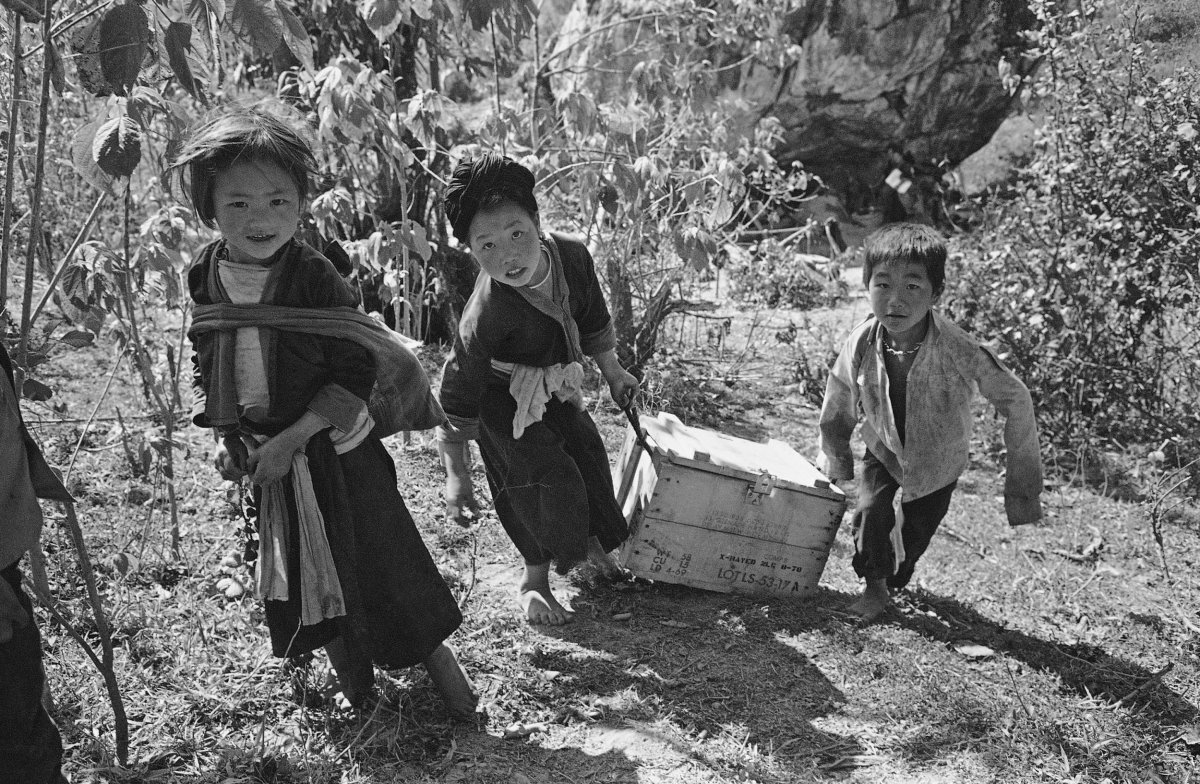
Like Vietnam, Laos fell to Communist control in 1975. During the Vietnam War, the U.S. used thousands of Hmong people in its "secret war" waged in Laos and Cambodia; the "largest ever paramilitary operations ever undertaken" by the CIA were in Laos against the North Vietnamese. Initially, hundreds of thousands of Laotian refugees fled to Thailand. Later, the diaspora spread to Belgium, Switzerland and Germany, although the U.S., Canada, New Zealand, Australia and the Netherlands are the top five resettlement countries. After 1975 (the year the brutal Khmer Rouge regime took control), more than 3 million people fled Vietnam, Laos and Cambodia, according to UNHCR.
Uncommon Knowledge
Newsweek is committed to challenging conventional wisdom and finding connections in the search for common ground.
Newsweek is committed to challenging conventional wisdom and finding connections in the search for common ground.
About the writer
Before joining Newsweek, Lucy Westcott was an editorial fellow at The Wire. Previously a United Nations correspondent for the Inter ... Read more
To read how Newsweek uses AI as a newsroom tool, Click here.








